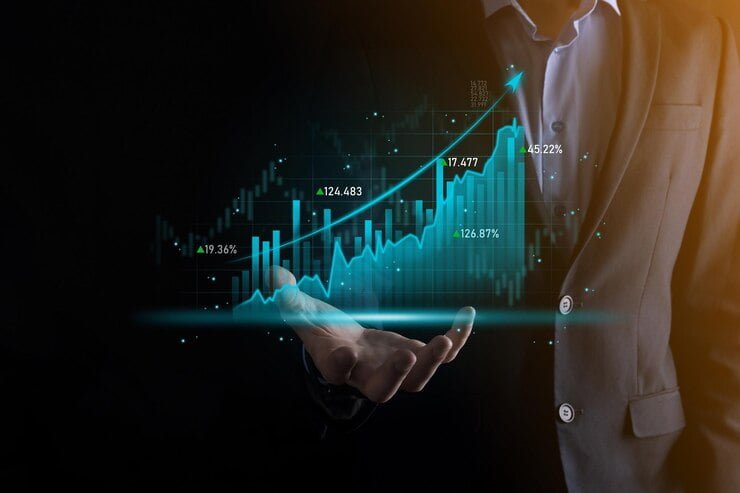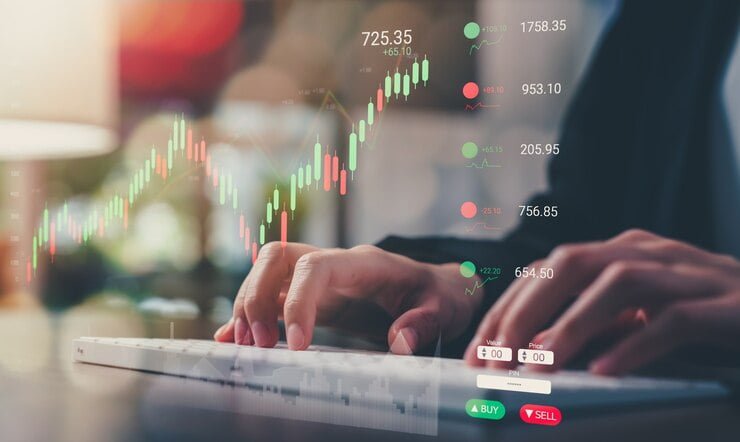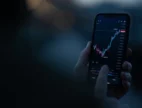What Type Of Forex Trader Are You
by Arnab Dey Finance Published on: 24 May 2022 Last Updated on: 15 February 2024

Forex trading is a new and lucrative trading mechanism. Are there any differences between regular traders and the great ones? There are always certain things that make the difference. For example, one forex trader is moderate risk-taker, intelligent, and has a spontaneous instinct.
This is a genuine quality that every great forex trader has. These qualities are making a difference. You know ‘what is a forex trader’ and what are their functions.
But that is not all. The types are all different. Let’s see what the different types of Forex traders are and how you can identify the differences.
There Are Six Types Of Forex Traders. Which One Are You?

The actual forex trader means it is when you are preparing to take the risk, that your Forex trading will go far, well beyond your imagination.
Here are the six different types of Forex traders. Read it, identify your type, and know, how to become a forex trader.
1. Positional Trader:
A positional trader is a type of forex trader who takes a long-term view of the market and trades accordingly. This type of trader generally holds on to their positions for weeks or even months in hopes of seeing a large return on their investment. They might even be a take profit trader, as this is a way of trading that can be automated and comes with a lot less risk than other types of forex trading.
2. Day Trader:
A day trader is a type of forex trader who enters and exits multiple trades throughout the day to make small profits each time. This type of trading generally requires more capital than other types of trading, as the trader needs to cover the spread (the difference between the bid and ask prices) multiple times throughout the day.
3. Swing Trader:
A swing trader is a type of forex trader that holds on to their positions for longer than a day but shorter than a positional trader. This type of trader generally looks for opportunities to profit from the market’s swings or changes in price over time.
4. Momentum Trader:
A momentum trader is a type of forex trader that enters into trades when there is an uptick in price momentum. This type of trading generally requires more capital than other types of trading, as the trader needs to cover the spread (the difference between the bid and ask prices) multiple times throughout the day.
5. Scalper:
A scalper is a type of forex trader who enters and exits multiple trades throughout the day to make small profits each time. This type of trading generally requires less capital than other types of trading, as the trader only needs to cover the spread (the difference between the bid and ask prices) once.
6. High-Frequency Trader (HFT):
A high-frequency trader is a type of forex trader that uses algorithms to enter and exit trades quickly to make small profits each time. This type of trading generally requires more capital than other types of trading, as the trader needs to cover the spread (the difference between the bid and ask prices) multiple times throughout the day.
Forex trading offers many advantages over other financial markets. These include 24-hour trading, high liquidity, and the ability to trade on leverage.
Advantages Of The Different Types Of Forex Trading

One of the most appealing aspects of forex trading is that it can be done 24 hours a day, five days a week. This is because the forex market is a global market, with currency pairs being traded worldwide. This means that there is always someone willing to buy or sell a currency pair, no matter what time it is.
Another advantage of forex trading is its high liquidity. Liquidity refers to how easily an asset can be bought or sold without affecting its price. The forex market is the most liquid globally, with a daily turnover of over $5 trillion. This means that there is always a buyer and seller available for every currency pair, and transactions can be conducted quickly and easily.
Finally, forex trading can be done on leverage. Leverage is a loan provided by a broker to a trader, which can be used to trade larger amounts of currency than the trader has in their account. This allows traders to increase their potential profits (or losses) from trade and increases the risk involved.
When choosing the best forex broker in Jordan it is important to consider several factors. These include the broker’s fees, the types of currency pairs available to trade, the leverage offered, and the platform used.
When choosing a forex broker, it is also essential to think about your forex trader and trading style and needs. For example, if you plan on scalping (entering and exiting multiple trades throughout the day), you will need to select a broker that offers low fees and tight spreads.
On the other hand, if you are a positional trader who holds on to their positions for weeks or months, you will need to choose a broker that offers good customer service and has a reputation for being reliable.
The best way to learn about forex trading is to practice with a demo account. A demo account is an account that is funded with virtual money, so there is no risk of losing real money.
By practicing with a demo account, you can feel how the forex market works and learn about different trading strategies. Most brokers offer demo accounts to their clients, so this should not be difficult to do.
When you are ready to start trading with real money, it is essential to remember that the forex market is risky. You can lose all of your capital if you don’t know what you are doing.
Therefore, it is essential to educate yourself about forex trading before putting real money at risk. Many resources are available online that can help you learn about forex trading. These include books, online courses, and articles.
Conclusion:
All of these traders follow different types of business mechanisms. But when you jump into this trading world, these types will help you to develop your strategy. And your profits are entirely dependent on the strategy you will adopt.
So now you know what the type of Forex traders is and how they are doing in the market. So which methods are you going to select? Let us know through the comments sections.
Read Also:







































































































